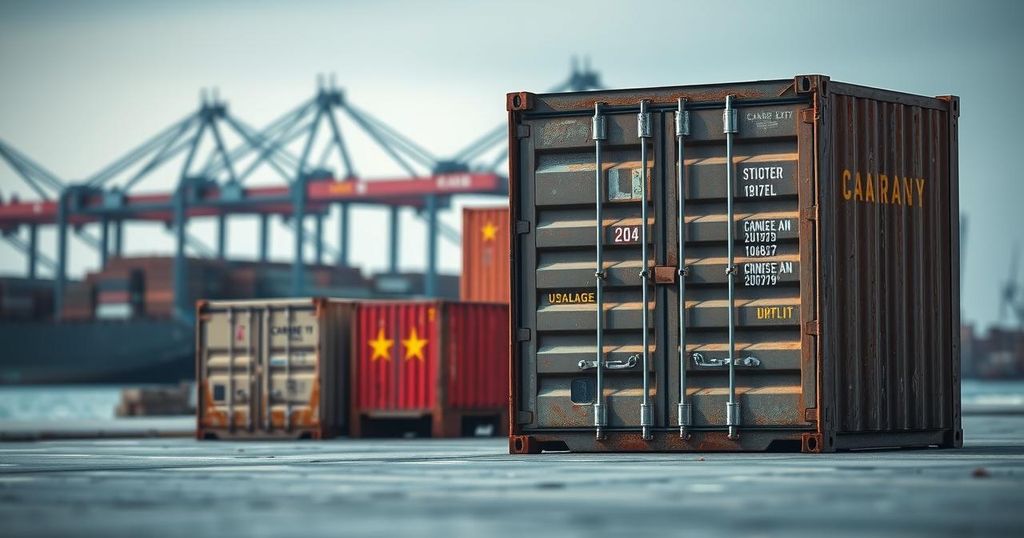The Implications of Mali, Burkina Faso, and Niger’s Departure from ECOWAS
Mali, Burkina Faso, and Niger have officially exited ECOWAS after military coups and tensions regarding democratic governance. This departure poses challenges for security and regional cohesion, as these countries seek self-reliance while dealing with internal and external threats. The situation also highlights potential shifts in alliances as they pursue relations with Russia.
Recently, three military-led nations—Mali, Burkina Faso, and Niger—officially departed from the Economic Community of West African States (ECOWAS) after over a year of diplomatic tensions. This exit marks a significant event for ECOWAS, which has been regarded as an influential regional organization for the past 50 years. Following military coups in these countries, ECOWAS imposed sanctions, including border closures and flight bans, and threatened military intervention to restore democracy.
ECOWAS, established in 1975 to foster economic integration and political stability in West Africa, originally comprised 15 member states, including Nigeria and Ghana. Relations soured between ECOWAS and the three nations following military takeovers. After Mali’s coup in 2020, Burkina Faso’s in 2022, and Niger’s in 2023, ECOWAS attempted to enforce sanctions, leading to mutual accusations and further tensions as these countries sought closer ties with Russia.
The departure of Mali, Burkina Faso, and Niger from ECOWAS could lead to greater autonomy but complicates their security and economic situation, as they face ongoing challenges such as terrorism. Additionally, these movements may weaken regional cohesion within ECOWAS, affecting its collective security objectives. The situation raises concerns about the impact of these nations aligning with Russia amidst a backdrop of military unrest.
Original Source: www.bbc.com








Post Comment